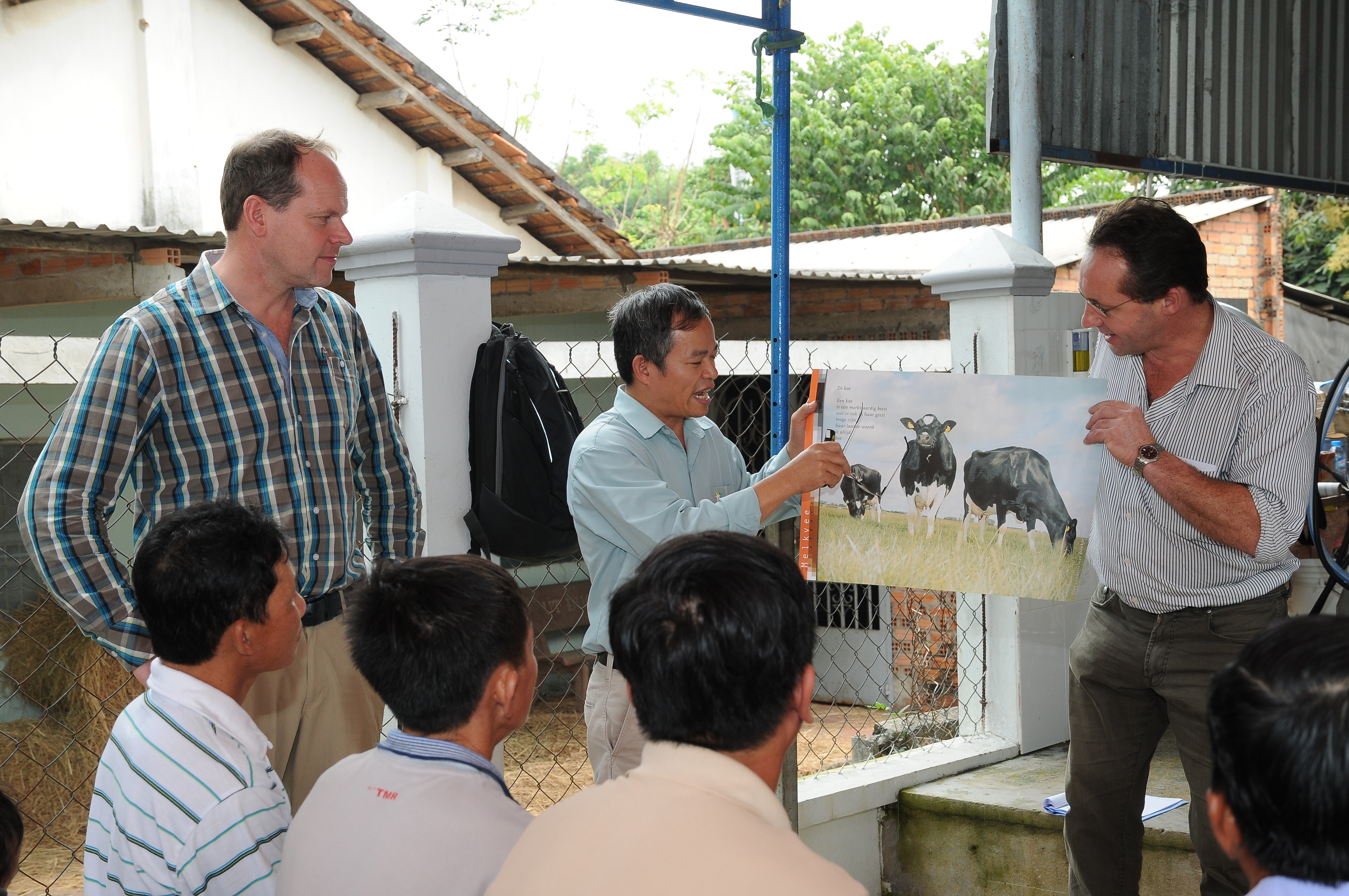
Over the years, patterns of urbanization, changes in affluence and consumption habits along with population growth and environmental degradation have affected the security of our food systems.
This has changed the way we produce and consume our food, and created associated consequences for the health of consumers across the world.
There are tough challenges to address.
Worldwide, the World Health Organisation (WHO) says 156 million children are stunted, while 42 million are overweight or obese.
In the Asia Pacific, the Food and Agriculture Organization of the United Nations says nearly half a billion people suffer from chronic hunger.
This becomes more acute by the presence of the dual burden of malnutrition of under- and over-nutrition.
According to The Lancet, in 2015, 71.3% of deaths were caused by non-communicable diseases (NCDs), with the WHO saying that up to 45% of child deaths can be attributed to malnutrition.
For all of us in the food industry, we need to be aware of the very tangible ways in which our products affect the lives of people who purchase and consume them.
There are few sectors like ours, where the product and consumer are so intrinsically intertwined at every stage of the value chain.
This means that the food and beverage industry has a shared responsibility to tackle the many challenges faced by the industry and consumers alike, not least the growing public health threat of NCDs.
Thus, our actions as good corporate citizens are now more important than ever.
In the quest to address such global challenges, producing healthier food categories and product lines is only one part of the solution.
Food companies should work collaboratively with multiple stakeholders to encourage consumers to adopt healthier living.

Becoming a good corporate citizen
Being a good corporate citizen at the most fundamental level provides the firm with a ‘license’ to operate in that community.
While multiple definitions of corporate citizenship point towards a balance between meeting business obligations, and an acceptance of the corporation’s social, environmental and even cultural responsibilities to the community, this should not be seen as a dichotomy.
By creating value for stakeholders, companies generate value in return.
We now operate in a world where the private sector, governments, civil society and communities collide.
It is therefore important for these segments of society to collaborate more closely than they perhaps have done in the past in response to global challenges such as NCDs.
FrieslandCampina has experienced in practice how multi-stakeholder partnerships are crucial to creating not just a positive impact on such challenges, but scalable impact.
From our experience, we have identified the following points companies should address in the journey to becoming a good corporate citizen.
Here are more details.
1. Define your company goals
Align the strategic direction of any corporate citizenship programwith your company values and value proposition.
Map out your goals and identify key areas where the company could potentially contribute to achieving a positive impact on key food security challenges.
Through this process, a company might find synergies among the needs of a community, and how its business processes can perhaps contribute to addressing and resolving those needs.
Identify your key stakeholders in your value chain and map out the key issues, as well as the spheres of influence that are relevant for your programs.
By aligning your agenda with that of your partners, you can avoid any potential stalemates when advancing your plans, and create a win-win situation.

2. Engaging with stakeholders, forming effective partnerships
In the case of NCDs, where the scourge is widespread and challenges are multitudinous, there are limits to which any one party can solve such challenges on their own.
We need to rely on each other’s true strengths, capabilities, resources and skills. FrieslandCampina’s successful health and nutrition movement in Southeast Asia, Drink.Move.BeStrong, was a result of our strong relationships with our stakeholders such as the ministries of education and sport, the Junior NBA, and local schools, communities, parents, educators and school children.
Long-term relationships are built on mutual understanding – what each brings to the table – and therefore have a greater chance of becoming sustainable.
3. Creating and developing programs for scale
To move the needle on the fight against the challenges faced by our food system, companies, government bodies and NGOs need to co-create a shared approach to promoting better diet and lifestyle choices.
In addition, they need to ensure that they are fully committed to the project for the long haul.
Monitoring and measuring outcomes as the projects are implemented would provide feedback on what needs to improve and how it can be scaled.
The future
The desire to be a good corporate citizen and achieving business goals can co-exist together in a business plan.
And it is entirely possible to strike the balance needed.
In addition, demonstrating good corporate citizenship is becoming as essential to the ongoing success of a company as showing a positive balance sheet.
We are also seeing more companies embedding corporate citizenship into their organizational structure, philosophy, business strategy and operations, as it is demanded not just from corporate stakeholders and company boards but also consumers.
This bodes well for our industry, for our food system and ultimately for the health of our communities.
Story by Ada Wong, Head of Public Affairs and Communications, FrieslandCampina Asia









